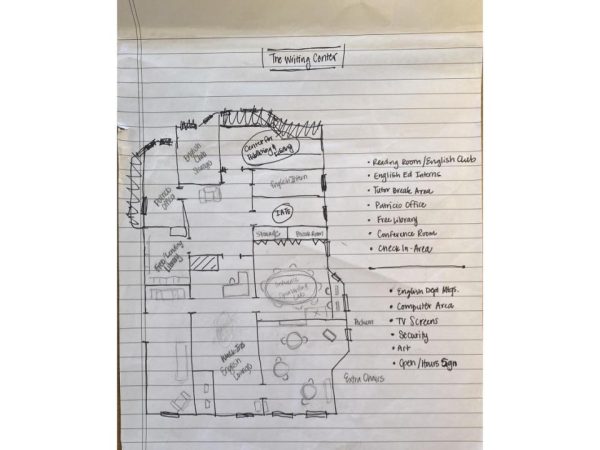HILLARY OR TAILS?
“Call it while it’s in the air” is exactly what the nation is trying to do. Fun fact: Six coin tosses may have just determined who will be the president next year.
Last night the nation had its eyes on Iowa as they participated in the first event of the 2016 Presidential election. The results for the Republican party were somewhat predictable; Ted Cruz leading, Donald Trump behind him, and Marco Rubio clenching third place. The GOP circus has been going for so long that the entertainment is beginning to wear thin. On Tuesday night, the Democratic party finally stepped into the limelight and made it a night to remember.
Hillary Clinton, former First Lady, former Secretary of State, funded by numerous powerful corporations and organizations, all but an incumbent for this election, virtually tied with Bernie Sanders, a democratic socialist funded by tiny donations from voters.
The Iowa Democratic Primary (IDP) reported some staggering numbers, “The results tonight are the closest in Iowa Democratic caucus history.” At the time when all but one precinct had weighed in, the IDP reported that Clinton had 699.57 delegates while Sanders had 695.49 (Martin O’Malley had 7.68). In fact, the race was even closer than that, and could have gone either way if only Sanders had been a bit luckier.
Caucuses are a little like a high school debate; people split into groups, argue a bit, and eventually settle by giving some delegates to one candidate and the rest to the other. But there are at least six reported instances last night where the split wasn’t decided by rational discussion, but rather by a coin flip.
According to the Des Moines Register, the participants at at least six precincts has so much trouble trying to decide between Sanders and Clinton that they flipped a coin, with at least two instances filmed and posted online by witnessing participants. The craziest part is that Clinton won the toss every time. The odds of one person winning a coin toss that many times is less than 2%, leading many to suspect foul play. While the cumulative effect of these flips on the numbers are minimal, it’s the difference between a technical victory for Clinton, who was projected to win this election effortlessly, and a win for Sanders, the underdog in nearly every sense of the word.
This didn’t stop Clinton from delivering a victory speech, leading many to remark on how she doesn’t mind letting money determine an election. Her Iowa campaign manager released the statement that “Hillary Clinton has won the Iowa Caucus. After thorough reporting — and analysis — of results, there is no uncertainty and Secretary Clinton has clearly won the most national and state delegates.” The rest of the nation disagrees, and consistently refers to last night’s results as a tie.
The effects of Iowa’s caucus could change the course of this election. The next big event is February 8th, the New Hampshire primary. Sanders may not have won last night, but the nation is finally hearing his name and the voices of his supporters. Martin O’Malley, who had about half of a percent of the democratic votes, cancelled his campaign last night. If he gives a recommendation to his voters on which candidate they should support now, it could tip the scales on way or another in the future.
However, the way it looks at the present, Sanders won’t need the extra boost in New Hampshire; reports show anywhere from an 89 to 96 percent chance of him winning, with Clinton’s chances the inverse 11 to 4 percent. The level of competition in this election is a phenomenon that was utterly unimaginable a year, or even a few months ago. It’s a classic tale of underdog vs shoe-in, and the best of guesses are may be no more accurate than calling heads or tails; it’s all up in the air.










